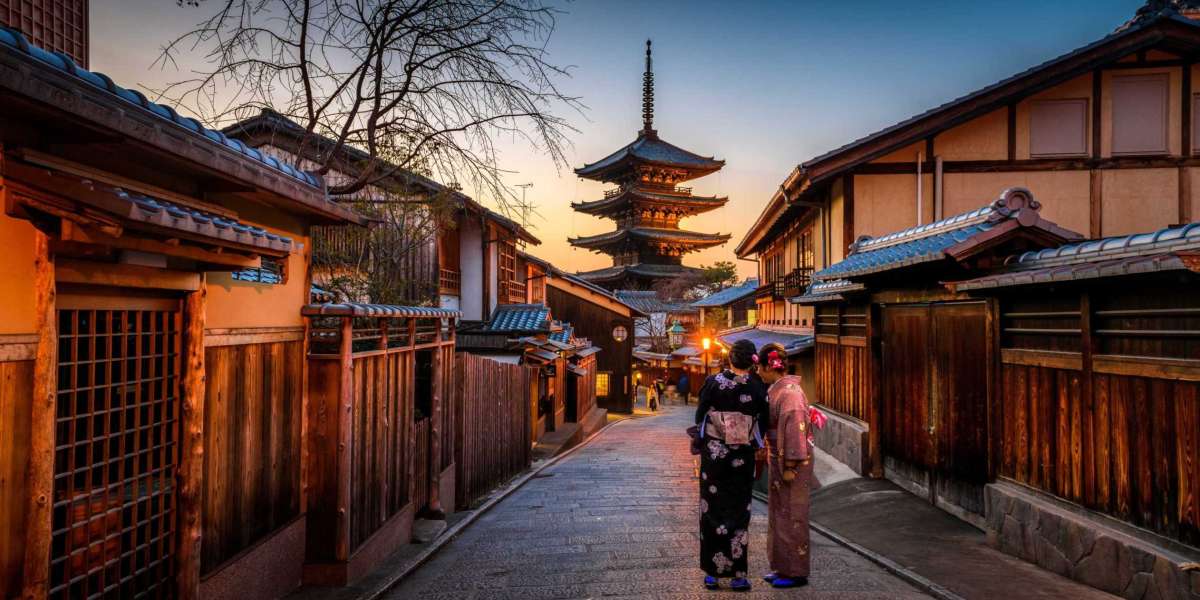For example, learning the language is an important part of your trip, but it's also important to stay safe and respectful when you're visiting. If you're traveling solo, it's a good idea to get yourself a local guide who can help you navigate the country and make sure you have a smooth trip.
1. Prepare Yourself
Whether it's your first time visiting Japan or you're a seasoned traveler, it's important to prepare yourself for the best possible experience. That means taking the time to learn about the country, its language, and how to stay safe.
Alternatively, you could also consider taking part in some small local tours to immerse yourself in Japanese culture. These can be an excellent way to gain insight into the country and make new friends too!
Another great tip is to plan your itinerary in advance. This will help to avoid crowds at the most popular tourist attractions - and keep your trip a little more relaxed!
2. Learn the Language
If you’re visiting Japan for the first time, it’s a good idea to learn the language. It will help you navigate your way around the country more easily and avoid any misunderstandings that could happen.
It will also make your experience in Japan a lot more enjoyable and memorable. You’ll be able to speak with the locals, ask them about their favorite restaurants or foods, and more.
The best place to start learning is through a good Japanese course. You can find many online or in a bookstore.
3. Stay Safe
If you’re a first time visitor, it’s important to know how to stay safe while visiting Japan. It’s a country that has an incredibly low crime rate and people are very friendly to foreigners.
Japanese are incredibly hospitable and if you have an issue, they’ll be there to help you out. It’s very common to see people draw a map on a napkin to show you where to go in case you get lost or have trouble understanding the train station signs, so don’t be afraid to ask for assistance!
You can’t always expect to hear a no when asking for something in Japanese, but many times they will answer “yes” even if you asked for “no”. This is a way of avoiding offending someone.
4. Be Mindful
Mindfulness has long been a part of Japanese culture. It manifests itself in the tea ceremony, haiku, cherry-blossom viewing and spiritual worship.
For centuries, mindfulness has remained at the heart of Buddhism. It’s an attitude that permeates every aspect of daily life, from bathing to cooking to working.
It’s an attitude that embodies the idea of taking note of what is, rather than dwelling on what was or what will be. This approach to life, combined with a deep reverence for nature and the seasons, is what makes Japan so special.
From forests carpeted in moss to plant-based food banquets, soaking in medicinal onsen waters and staying overnight in a ryokan or temple, Japan offers a variety of mindful travel experiences designed to slow down the mind and restore balance.
5. Be Respectful
When visiting Japan, it is crucial to be respectful and considerate of the culture. This includes respecting Japanese social etiquette, customs and beliefs.
First time visitors often don’t know where to start navigating these cultural differences. Here are some key do’s and don’ts that will help you to blend in with the locals and make your trip as easy as possible.
For example, it’s important to bow in front of restaurants, hotels, ryokan and minshuku, as well as in temples. It’s also common practice to remove footwear when entering a home.



